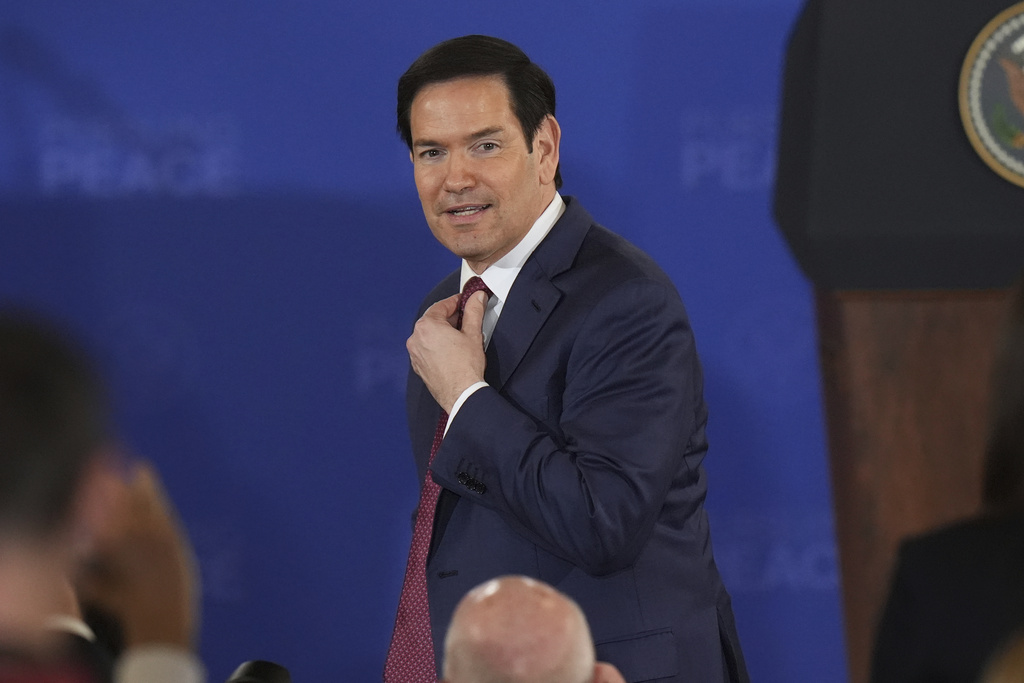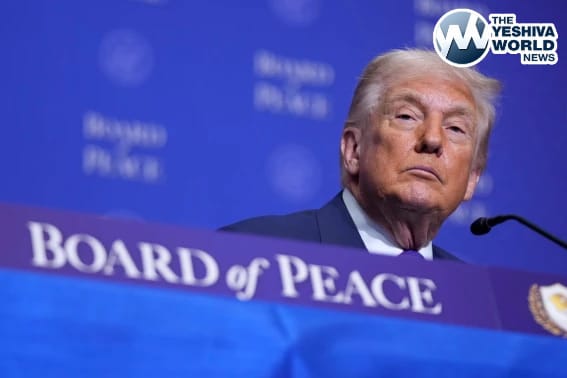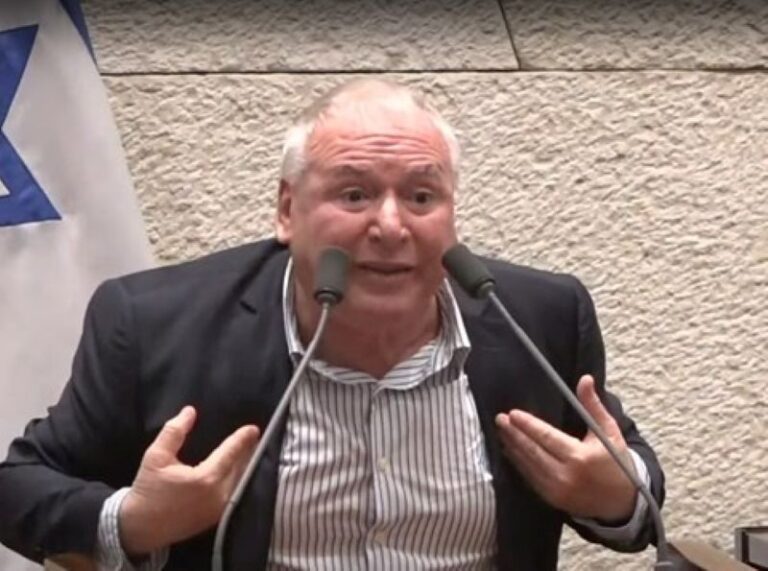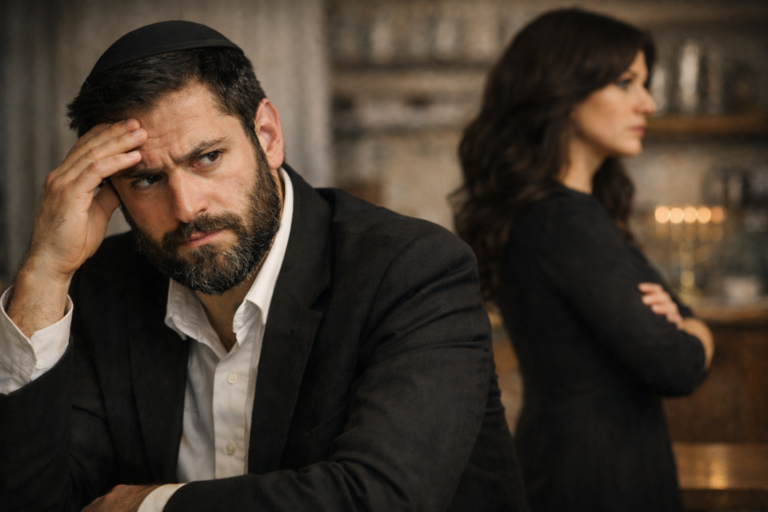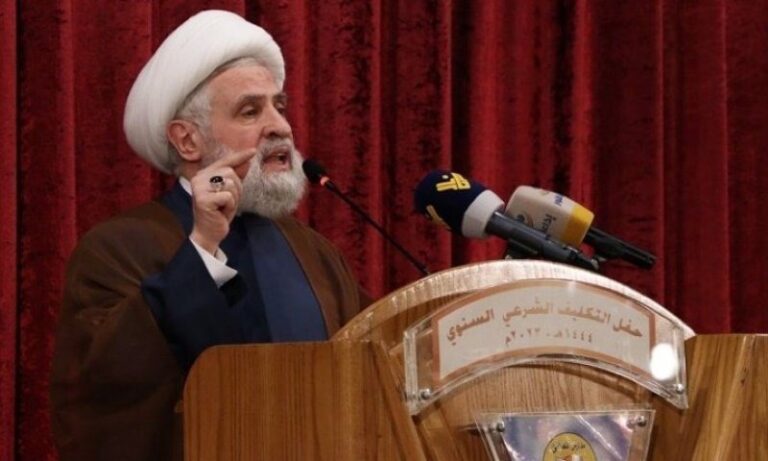Secretary of State Marco Rubio pushed back hard on Sunday against questions over whether President Volodymyr Zelensky of Ukraine is being pressured into concessions, calling the suggestion “a stupid media narrative” and insisting that U.S.-led negotiations with Russia remain focused on reaching peace through careful, private diplomacy.
Appearing on CBS’ Face the Nation, Rubio rejected host Margaret Brennan’s framing that European leaders were traveling to Washington to prevent Trump from “bullying” Zelensky into a bad deal.
“No, it isn’t. That’s not why they’re coming … that’s not true,” Rubio said. “They’re not coming here tomorrow to keep Zelenskyy from being bullied … They’re coming here tomorrow because we’ve been working with the Europeans. We talked to them last week. There were meetings in the UK the previous weekend. We invited them to come. The President invited them to come.”
Brennan referenced Trump’s contentious Oval Office meeting with Zelensky in February, where the Ukrainian president was publicly scolded. Rubio dismissed the idea that one episode defined the relationship. “Do you know how many meetings we’ve had since then? … We’ve had one meeting with Putin and like a dozen meetings with Zelensky,” he shot back.
When Brennan argued that Trump had threatened to walk out of the Anchorage summit if Putin refused a ceasefire — but stayed for three hours without a deal — Rubio defended the decision. “Our goal here is not to stage some production for the world to say, oh how dramatic he walked out,” he said. “Our goal here is to have a peace agreement to end this war. And obviously we felt … that there was enough progress, not a lot of progress, but enough progress made in those talks to allow us to move to the next phase.”
On ABC’s This Week, Rubio sparred with host Martha Raddatz over what, if anything, Moscow conceded during the summit.
“Can you name any concessions that Vladimir Putin made during this meeting?” Raddatz asked.
“I wouldn’t name them on your program,” Rubio responded. “Why would I do that?”
Raddatz pressed again: “Where is the pressure?”
“Because you can’t have a peace agreement unless both sides give and get,” Rubio said. “You can’t have a peace agreement unless both sides make concessions. That’s a fact. That’s true in virtually any negotiation. If not, it’s just called surrender. And neither side is going to surrender. So both sides are going to have to make concessions. So of course concessions were asked.”
But, Rubio said, publicizing those details would undermine delicate talks. “What utility would there be of me going on a program and tell you we wagged our finger at Putin and told him you must do this and you must that? It’s only going to make it harder and less likely that they’re going to agree to these things. These discussions only work best when they are conducted privately in serious negotiations.”
He added that even autocratic leaders must consider domestic constituencies: “People have to go back and defend these agreements that they make, and figure out a way to explain them to people. We need to create space for concessions to be made.”
(YWN World Headquarters – NYC)

